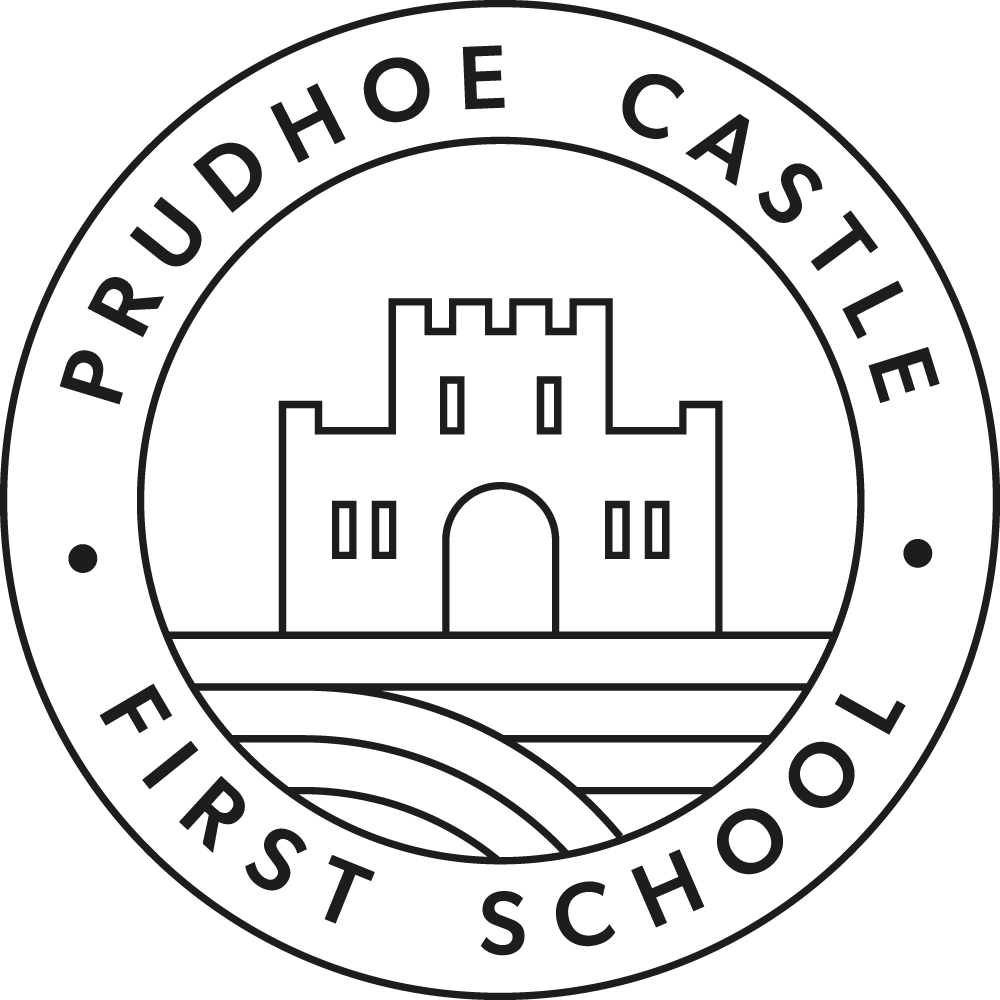| listen to and discuss a wide range of poems, stories and non-fiction at a level beyond that at which he/she can read independently | listen to, discuss and express views about a wide range of poetry (including contemporary and classic), stories and non-fiction at a level beyond that at which he/she can read independently | listen to and discuss a range of fiction, poetry, plays, non-fiction and reference books or textbooks | listen to and discuss a wide range of fiction, poetry, plays, non-fiction and reference books or textbooks |
| discuss the significance of the title and events | discuss the sequence of events in books and how items of information are related | prepare poems and play scripts to read aloud and to perform, showing basic understanding through intonation, tone, volume and action | prepare poems and play scripts to read aloud and to perform, showing understanding through intonation, tone, volume and action |
| recite some poems and rhymes by heart | continue to build up a repertoire of poems learnt by heart, appreciating these and reciting some, with appropriate intonation to make the meaning clear | discuss words and phrases that capture the reader's interest and imagination | discuss words and increasingly complex phrases that capture the reader's interest and imagination |
| participate in discussion about what is read to him/her, taking turns and listening to what others say | discuss his/her favourite words and phrases | ask questions to improve his/her understanding of a text | ask reasoned questions to improve his/her understanding of a text |
| explain clearly his/her understanding of what is read to him/her | answer and ask questions | participate in discussion about both books that are read to him/her and those that can be read for himself/herself, taking turns and listening to what others say | participate in considered discussion about both books that are read to him/her and those that can be read for himself/herself, taking turns and listening to what others say. |
| say out loud what he/she is going to write about | participate in discussion about books, poems and other works that are read to him/her and those that can be read for himself/herself, taking turns and listening to what others say | compose and rehearse sentences orally (including dialogue), progressively building a varied vocabulary and an increasing range of sentence structures (English Appendix 2 ) | compose and rehearse sentences orally (including dialogue), progressively building a varied and rich vocabulary and an increasing range of sentence structures (English Appendix 2) |
| compose a sentence orally before writing it | explain and discuss his/her understanding of books, poems and other material, both those that he/she listens to and those that are read for himself/herself | read aloud his/her own writing using appropriate intonation and controlling the tone and volume so that the meaning is clear | read aloud his/her own writing, to a group or the whole class, using appropriate intonation and controlling the tone and volume so that the meaning is clear |
| discuss what he/she has written with the teacher or other pupils | develop positive attitudes towards and stamina for writing by planning or saying out loud what he/she is going to write about | | |
| read aloud his/her writing clearly enough to be heard by the group and the teacher | | | |

